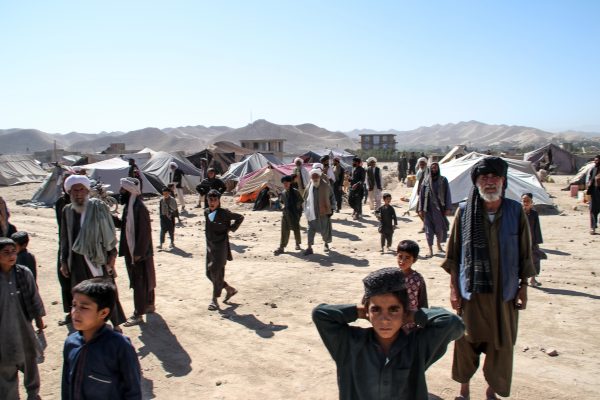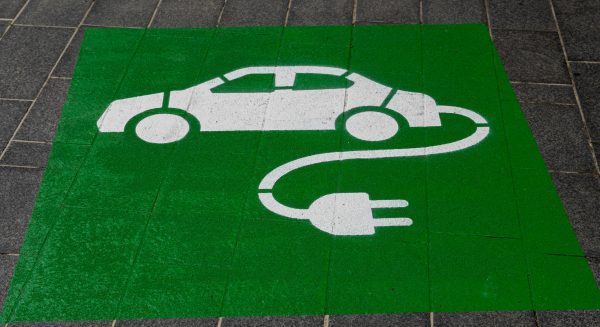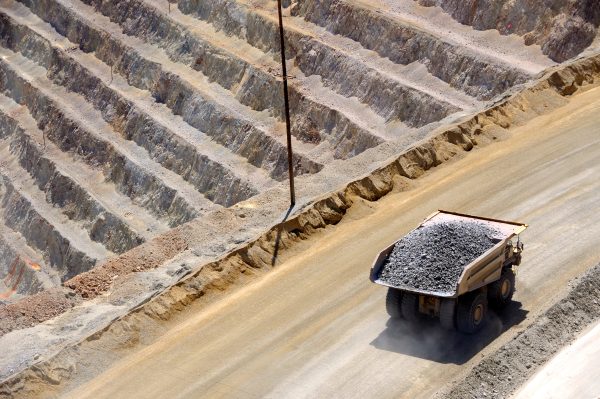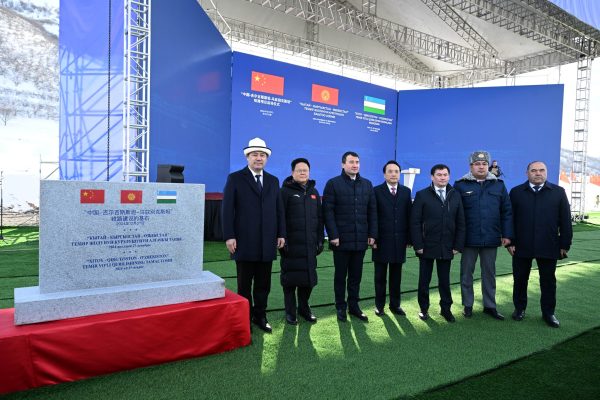Apple is still barred from selling its latest iPhone in Indonesia, despite striking a deal to build a local production facility in the country, a minister said yesterday.
In late October, Indonesia’s government banned the sale of Apple’s new iPhone 16 handsets, which first went on sale in September, because the tech giant had failed to fulfill local content rules. These require certain smartphone handsets to contain at least 40 percent locally manufactured components.
Industry Minister Agus Gumiwang Kartasasmita said that despite this week’s announcement that the U.S. tech giant had agreed to open a facility in Indonesia to produce its AirTag tracking device, it would still be barred from selling the iPhone 16, Reuters reported yesterday.
“There is no basis for the ministry to issue a local content certification as a way for Apple to have the permission to sell iPhone 16 because (the facility) has no direct relations,” he said, according to the news agency’s report. He added that only phone components could fulfill the local content requirement.
The minister’s comments came after two days of meetings with an Apple delegation led by Nick Ammann, the company’s vice president of global government affairs, to discuss the company’s investment plans in Indonesia – including the ban on iPhone 16 sales.
On Tuesday, following meetings with the Apple delegation, Investment Minister Rosan Roeslani announced that Apple had “fully committed to the first phase of construction” for the AirTag production facility, which is expected to begin operations in 2026. The factory, which will be located on Indonesia’s Batam island, close to Singapore, is part of a $1 billion investment that Apple has promised to make in Indonesia. In response to the October ban, Apple has held several rounds of talks with the Indonesian government.
It is clear that Indonesia is bent on using its considerable leverage – it is both the world’s fourth-most populous nation and its fourth-largest mobile market – to extract maximum advantage from one of the world’s most powerful companies.
In order to fulfill the Indonesian requirements, Apple initially offered to invest $100 million in an accessory and component manufacturing plant in the country. But the Indonesian government said that this was insufficient to reverse the iPhone 16 ban, with one minister comparing the proposal to Apple’s much more substantial investments in neighboring Vietnam and Thailand.
According to subsequent reports, Indonesia’s Ministry of Industry has requested that Apple meet four “fairness principles.” These would require the tech behemoth to assess whether its investments in Indonesia are in line with its investment activities in other Asian countries, such as Vietnam and India, and in line with those made by Apple’s competitors. The principles also require Apple to ensure that investments bring added value and create new jobs in Indonesia.
The fact that Indonesia continues to drive a hard bargain in its dealings with Apple is just the latest example of its readiness to wield the power of the state to ensure the development of local industries and/or to mollify important domestic constituencies. I’ve previously written about the government’s bans on the export of raw nickel, which are designed to stimulate foreign investment in downstream processing facilities, and its restrictions on the e-commerce site Temu, which Indonesian officials fear will undermine local businesses.
In another example from yesterday, Airlangga Hartarto, the coordinating minister of economic affairs, announced that Jakarta plans to require exporters of natural resources to retain their export proceeds in the country for at least one year, up from the current three months. He said that the change was intended to “bolster the country’s foreign exchange reserves,” according to Reuters.





















Discussion about this post